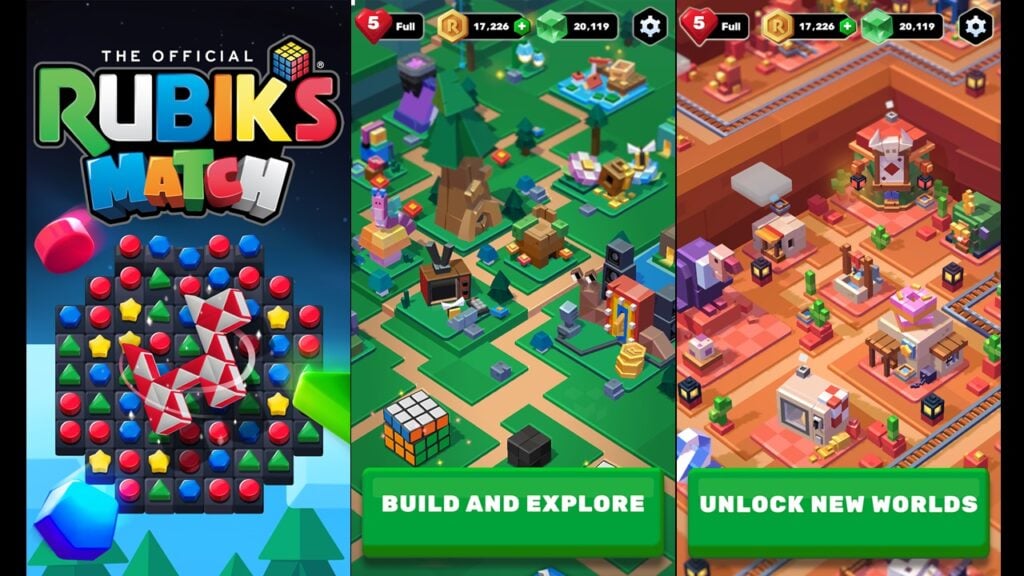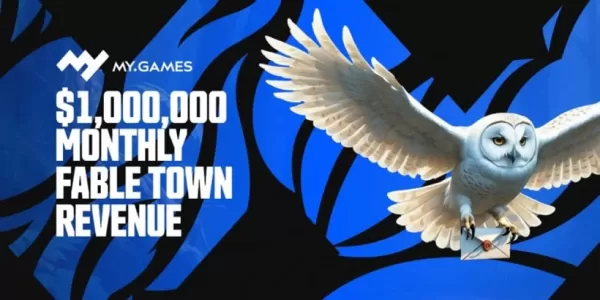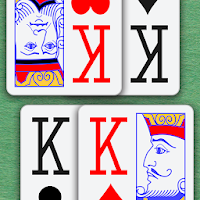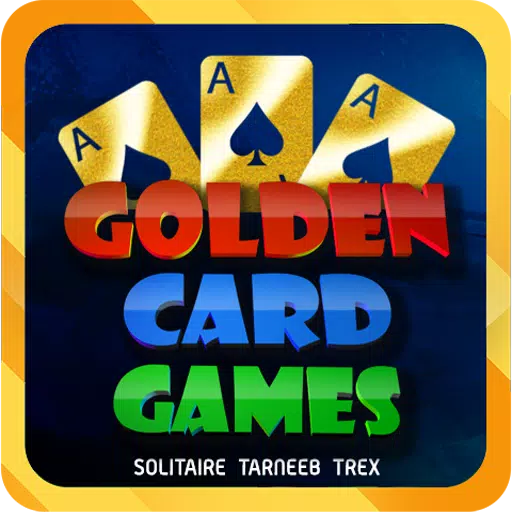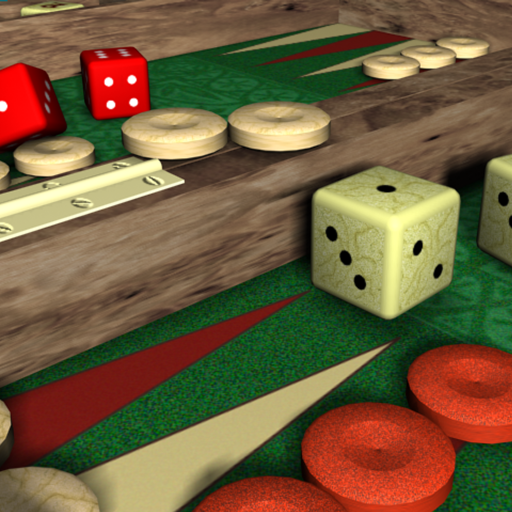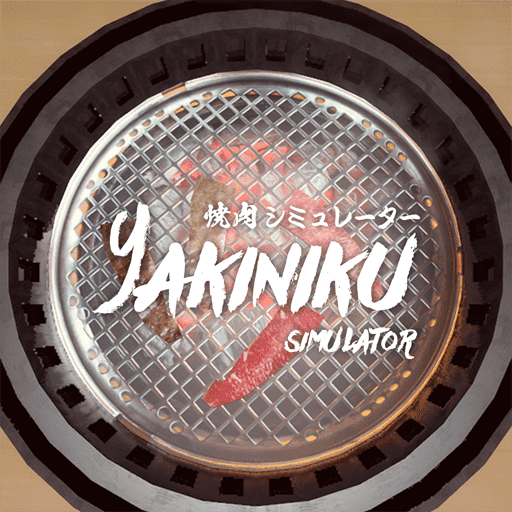Home > News > 'I Could Make \"Fart Fart Boobie Fart: The Game\" and Maybe It Would Eventually Get Taken Down' - Devs Reveal Why the Consoles Are Drowning in 'Eslop'
'I Could Make \"Fart Fart Boobie Fart: The Game\" and Maybe It Would Eventually Get Taken Down' - Devs Reveal Why the Consoles Are Drowning in 'Eslop'
There's a peculiar phenomenon brewing on the PlayStation Store and Nintendo eShop: a surge of low-quality games, often dubbed "slop," is overwhelming the platforms. Kotaku and Aftermath have documented this issue, highlighting how the eShop, in particular, is increasingly featuring games leveraging generative AI and misleading store pages to lure unsuspecting buyers. This trend has now spread to the PlayStation Store, notably cluttering the "Games to Wishlist" section.
These aren't simply "bad" games; the problem lies in the sheer volume of strikingly similar titles flooding the market. These games, frequently simulation titles perpetually on sale, often mimic popular games' themes or even outright steal their names and concepts. Their hyper-stylized art and screenshots reek of generative AI, yet the actual gameplay falls far short of the advertised visuals. They often suffer from poor controls, technical issues, and a lack of engaging content.
Adding to the concern, a small number of companies appear responsible for churning out these games relentlessly. As YouTube creator Dead Domain discovered, these companies are remarkably difficult to track down and hold accountable, often lacking readily available public information and even changing names frequently.
This influx of low-quality games has sparked widespread user frustration, particularly given the already sluggish performance of the Nintendo eShop. To understand the situation, we investigated how these games proliferate, why PlayStation and Nintendo's stores are particularly affected, and why Steam and Xbox appear relatively unaffected.
The Certification Process: A Closer Look
Interviews with eight game development and publishing professionals (all requesting anonymity due to fear of platform holder reprisal) revealed insights into the game release process across Steam, Xbox, PlayStation, and Nintendo Switch. Their accounts shed light on why some stores suffer more from "slop" than others.
Generally, the process involves pitching to the platform holder (Nintendo, Sony, Microsoft, or Valve), gaining access to development portals and devkits (for consoles), completing forms detailing the game, and undergoing certification ("cert," "lotcheck"). Certification verifies compliance with platform requirements (technical specifications, legal compliance, ESRB ratings). While Steam and Xbox publicly list their requirements, Nintendo and Sony do not.
A common misconception is that certification equates to a quality assurance (QA) check. Publishers clarified that QA is the developer's responsibility; certification focuses on code compliance with hardware specifications. Failure results in rejection and resubmission, often with limited feedback from platform holders, especially Nintendo.
Store Page Presentation: A Matter of Trust
Platform holders require accurate game representations on store pages, but enforcement varies. While checks ensure consistent branding and language, thorough verification of screenshot accuracy is inconsistent. One anecdote involved Nintendo requesting resubmission of screenshots that depicted PC-level graphics impossible on the Switch.
While some diligence exists in verifying store page information, standards for accurate representation are loosely defined, allowing many games to slip through. The punishment for misleading screenshots is often limited to removal of the offending content, though delisting or developer removal is a potential consequence. Importantly, none of the three console storefronts have explicit rules regarding generative AI use in games or store assets; Steam, however, does request disclosure of generative AI use.
The "Slop" Divide: Platform Differences
The disparity in "slop" across platforms stems from differences in their developer vetting processes. Microsoft vets on a game-by-game basis, making it less susceptible to the problem than Nintendo, Sony, and Valve, which vet developers. This allows easier game releases for approved developers, leading to the influx of low-quality titles.
Nintendo's developer approval process, described as the "easiest to scam," allows for a flood of similar games. Tactics like continuous 28-day sales cycles maximize visibility on the eShop's "New Releases" section. Similarly, PlayStation's "Games to Wishlist" sorting by release date contributes to the prominence of these games.
While generative AI is often blamed, it's not the sole culprit. Many games use generic concept art, and the technology is far from capable of creating fully functional games. Ironically, Xbox, while relatively unaffected, might be least likely to discourage future AI use due to its investment in the technology. Discoverability also plays a significant role; Xbox's curated store pages limit user exposure to these games, unlike PlayStation's "Games to Wishlist" section. Steam, despite its discoverability issues, has a constantly refreshing new releases section, diluting the impact of any single influx of low-quality games. Nintendo, however, simply presents a large, unsorted pile of new releases.
Calls for Regulation and Potential Solutions
Users are urging Nintendo and Sony to address the issue, but neither company responded to requests for comment. Developers interviewed expressed pessimism regarding Nintendo's willingness to improve the eShop, even with the upcoming Switch 2. However, Nintendo's web browser-based eShop is noted as being significantly better than the console app. Sony has taken action in the past, but the current situation remains unresolved.
Attempts at automated filtering, as seen with Nintendo Life's "Better eShop" project, highlight the challenges. Overly aggressive filtering can mistakenly target legitimate games, highlighting the need for a nuanced approach. Concerns exist that stricter regulation might unintentionally harm quality games. The complexity of the situation underscores the difficulty of balancing platform openness with the need to curb the proliferation of low-quality games. The final point made was that the people tasked with reviewing games aren't necessarily equipped to judge the quality, only the technical compliance of submissions.
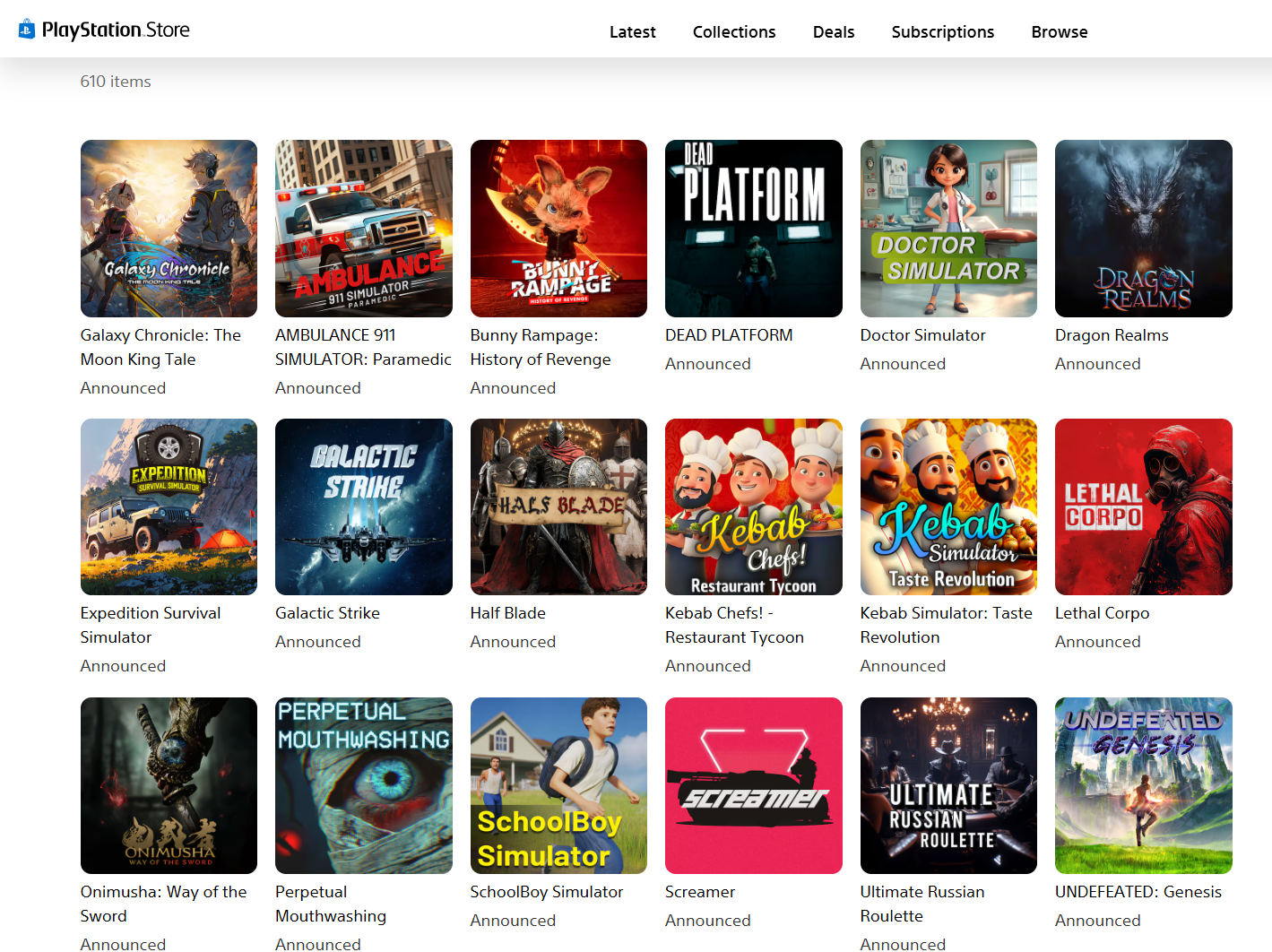
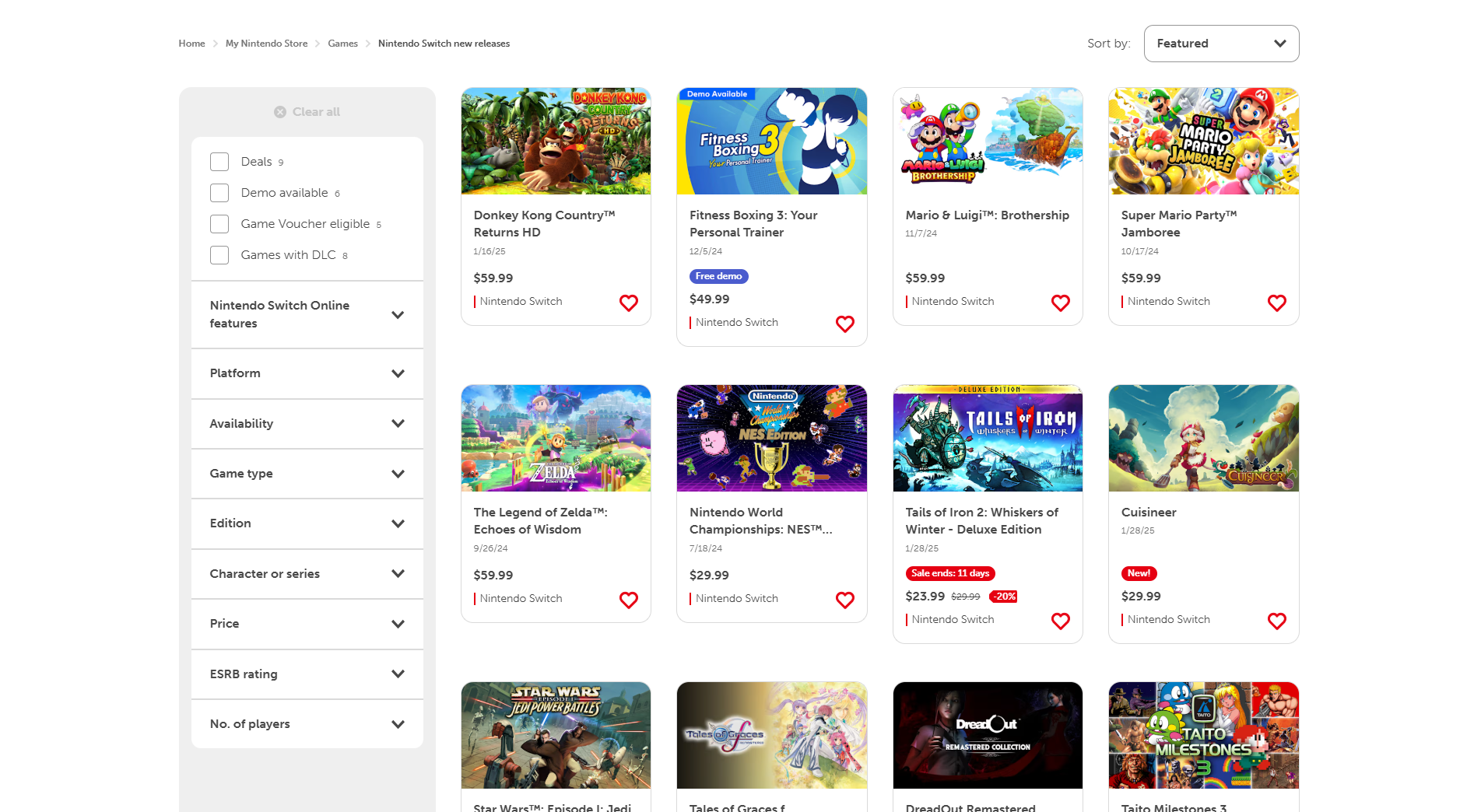
-
1
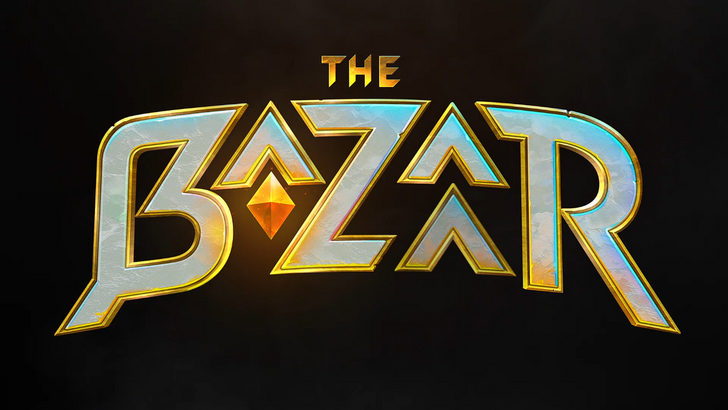
Announcing the Bazaar Release: Date and Time Unveiled
Feb 02,2025
-
2
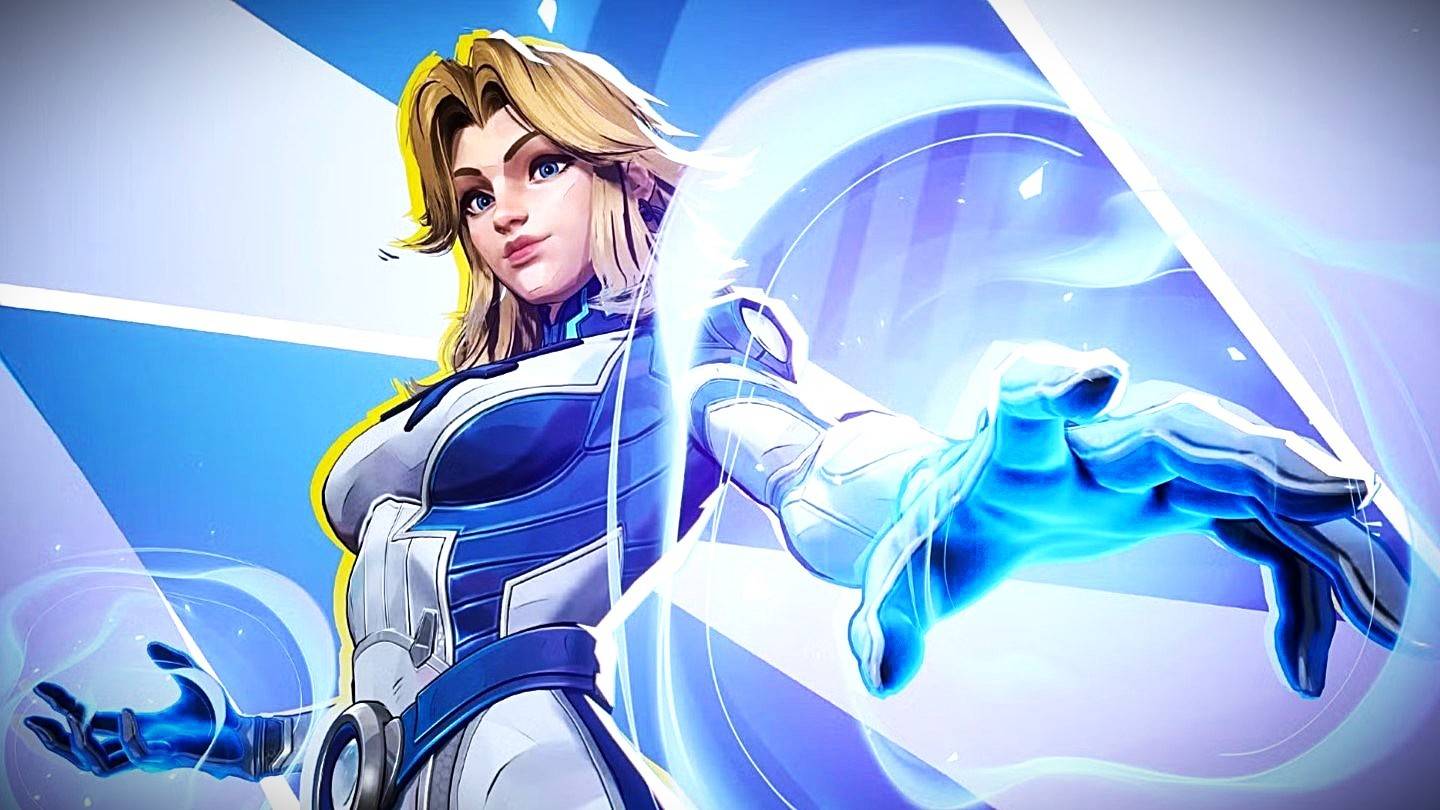
Marvel Rivals Update: News and Features
Feb 19,2025
-
3

GTA 6 Release: Fall 2025 Confirmed
Feb 23,2025
-
4
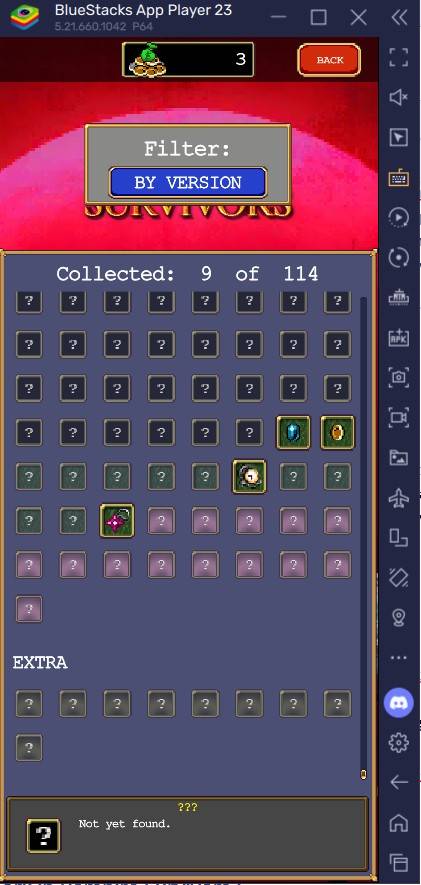
Vampire Survivors – Arcana Card System Guide and Tips
Feb 26,2025
-
5
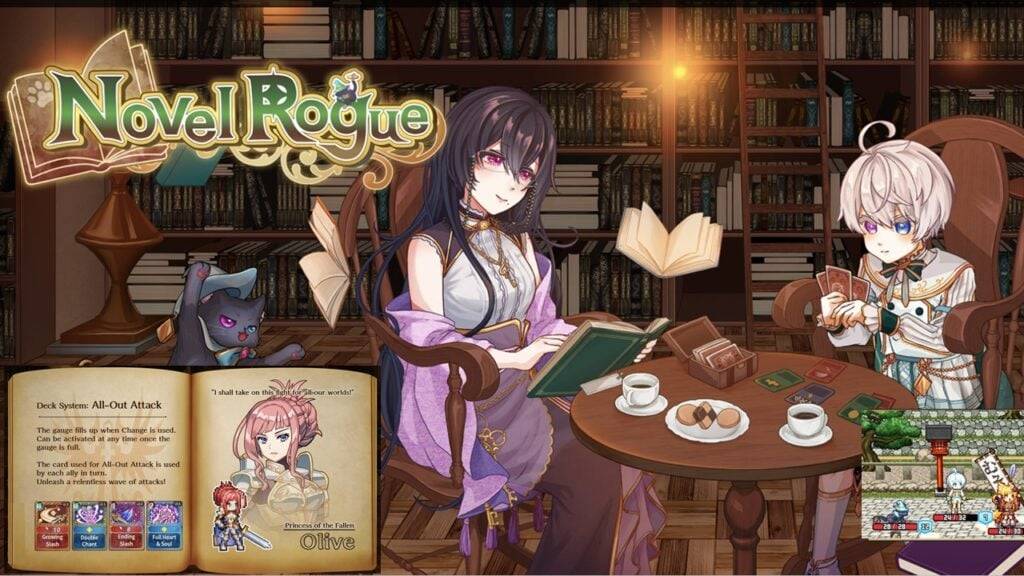
Novel Rogue Decks Android Debut
Feb 25,2025
-
6
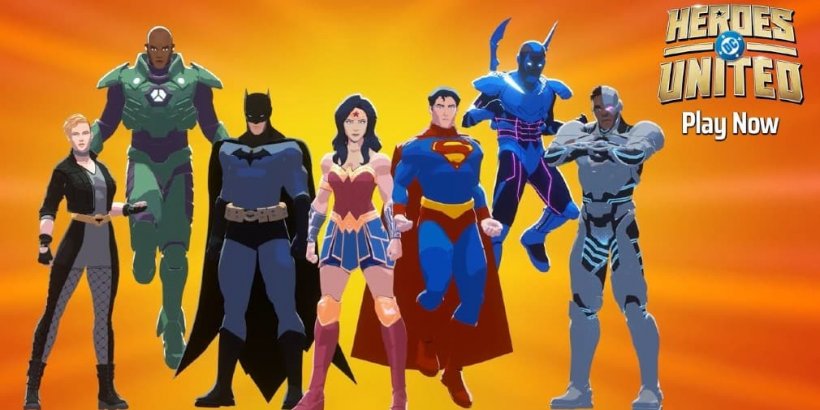
DC Heroes Unite: New Series from Silent Hill: Ascension Creators
Dec 18,2024
-
7
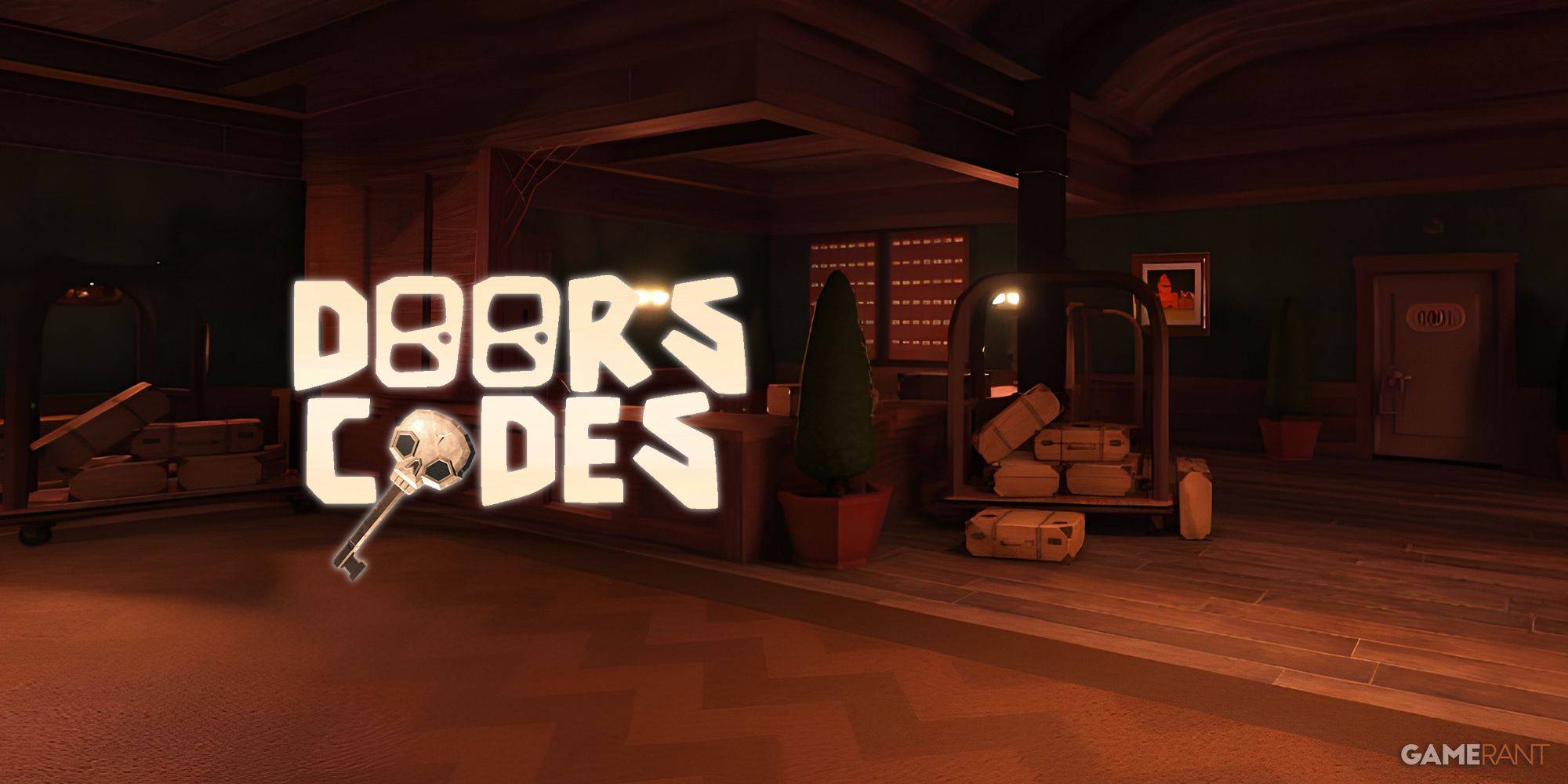
Get Exclusive Roblox DOORS Codes for January 2025
Feb 10,2025
-
8

Marvel Rivals Unveils Season 1 Release Date
Feb 02,2025
-
9
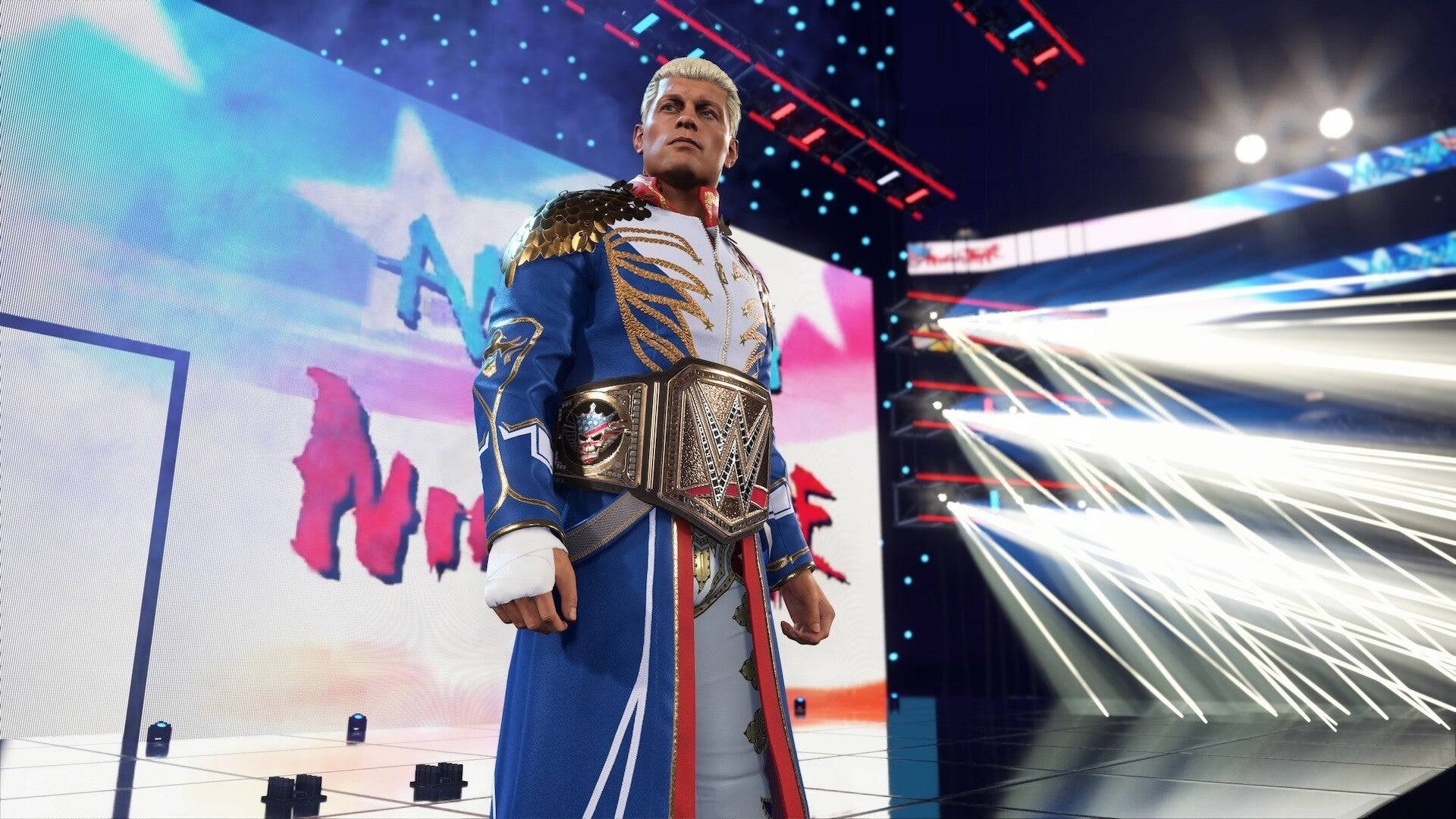
WWE 2K25: Long-Awaited Return
Feb 23,2025
-
10

Anime Fate Echoes: Get the Latest Roblox Codes for January 2025
Jan 20,2025
-
Download

Street Rooster Fight Kung Fu
Action / 65.4 MB
Update: Feb 14,2025
-
Download
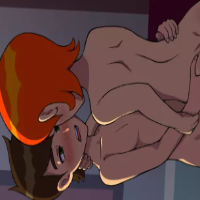
Ben 10 A day with Gwen
Casual / 47.41M
Update: Dec 24,2024
-
Download

A Simple Life with My Unobtrusive Sister
Casual / 392.30M
Update: Dec 10,2024
-
4
Mega Jackpot
-
5
Day by Day
-
6
The Lewd Knight
-
7
Translate - Voice Translator
-
8
VPN Qatar - Get Qatar IP
-
9
Chewy - Where Pet Lovers Shop
-
10
Kame Paradise

